Premium Only Content
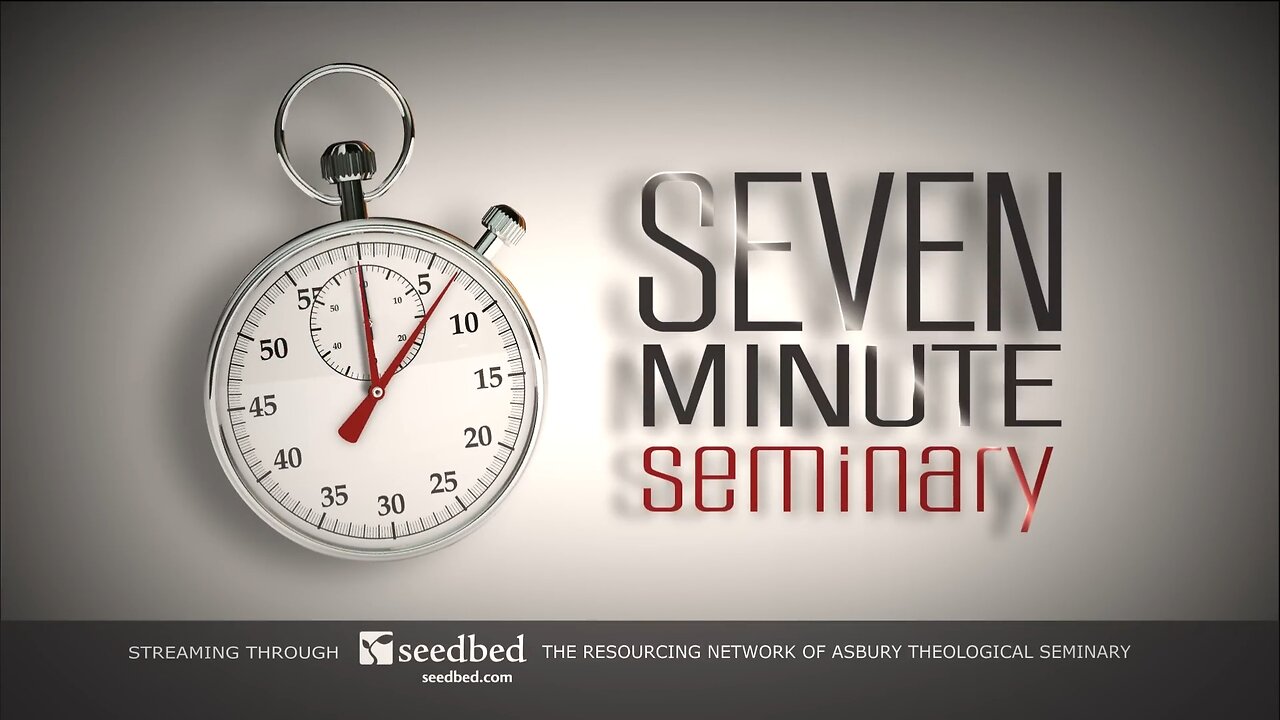
Where did Rapture Theology come from? Ben Witherington III
I abandoned the Dispensational doctrine back in 1993. Upon reading the Bible for the third consecutive time, I began to question some of the things I had been taught as a child. The idea of the Church being "raptured" is found no where in the Bible when proper Hermeneutics is applied.
Interestingly, neither Darby nor Scofield take credit for starting the rapture doctrine. They simply began preaching it as though it had always been a part of the apostolic doctrine. The doctrine actually began in Scotland with the vision of a 15 year old girl named Margaret Macdonald. She and her brothers visited around some and held some house meetings, but they were not faithful to any local assembly.
Kelly Varner writes, "it has been documented that Margaret was not baptized with the Spirit at the time of her 'revelation'. The pretribulation rapture teaching did not originate with an utterance of tongues. It is doubtful that the Macdonalds ever visited the Charismatic revival taking place in Irving's London congregation; however, Margaret privately sent handwritten copies of her scripture-riddled 'revelation' to some leading clergymen, including Irving….Margaret's eschatological view, the central theme of her spiritual manifestations, were well known to those that visited her home, among them John Darby of the Plymouth Brethren. Copies of her vision were circulated, as men began to preach this rapture idea as gospel. Her 'two-stage' vision of the Lord's coming was parroted in a prophecy by Mrs. J.D. Cardale (whose husband was the leader of the Albury delegation to Scotland) on April 30, 1831, in a house meeting. The Cardales soon after joined Edward Irving's church. Irving himself began to teach these 'revelations' at Powerscourt house in prophetic meetings. These sessions were attended by some of the Plymouth Brethren, including John Darby and C.H. Mackintosh". Kelly Varner, Whose Right It Is, page 148, 149.
J. Dwight's Pentecost writes, "About 1830, a new school arose within the fold of premillennialism that sought to overthrow what, since the Apostolic Age, have been considered by all premillennialist as established results, and to institute in their place a series of doctrines that had never been heard of before. The school I refer to is that of 'The Brethren' or 'Plymouth Brethren,' founded by J.N. Darby."
"Now, it be remembered, that prior to that date, no hint of any approach to such belief can be found in any Christian literature from Polycarp down…Surely, a doctrine that finds no exponent or advocate in the whole history or literature of Christendom, for eight hundred years after the founding of the Church - a doctrine that was never taught by a Father or Doctor of the Church in the past - that has no standard Commentator or Professor of the Greek language in any Theological School until the middle of the Nineteenth century, to give it approval, and that is without a friend, even to mention its name amongst the orthodox teachers or the heretical sects of Christendom - such a fatherless and motherless doctrine, when it rises to the front, demanding universal acceptance, ought to undergo careful scrutiny before it is admitted and tabulated as part of 'the faith once for all delivered unto the saints." Robert Cameron, Scriptural Truth About the Lord's Return, page 72-73, quoted from J. Dwight's Pentecost, Things to Come, page 165,166
-
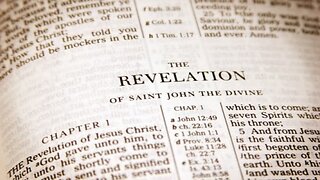 1:10:03
1:10:03
The Full Gospel Message
21 days agoThe Revelation of Jesus Christ
23 -
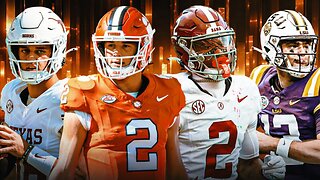 LIVE
LIVE
Game On!
17 hours ago $1.74 earnedCollege Football Is BACK! Week 1 Preview!
5,292 watching -
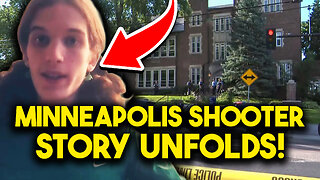 LIVE
LIVE
The Bubba Army
22 hours agoMinneapolis Shooter Story Unfolds! - Bubba the Love Sponge® Show | 8/28/25
2,780 watching -
 LIVE
LIVE
JuicyJohns
20 minutes ago🟢#1 REBIRTH PLAYER 10.2+ KD🟢
33 watching -
 16:58
16:58
marcushouse
13 hours ago $3.11 earnedSpaceX Starship Flight 10: What Really Happened! 🚀
37.6K11 -
 3:47
3:47
Blackstone Griddles
13 hours agoCampground Meal Planning on the Blackstone Camping Griddle
10K1 -
 28:13
28:13
Her Patriot Voice
13 hours ago $1.17 earnedIs Flag Burning Free Speech?
11K13 -
 17:51
17:51
TheRoyaltyAutoService
16 hours ago $0.54 earnedIs Flat Rate Ruining The Auto Repair Industry?!
12.3K5 -
 LIVE
LIVE
BEK TV
23 hours agoTrent Loos in the Morning - 8/28/2025
208 watching -
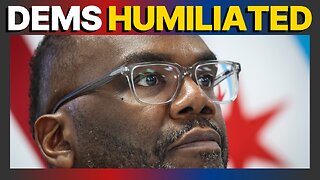 26:00
26:00
DeVory Darkins
1 day ago $12.23 earnedDemocrat Mayor HUMILIATES himself during painful interview as Trump makes SHOCKING Announcement
44.4K98